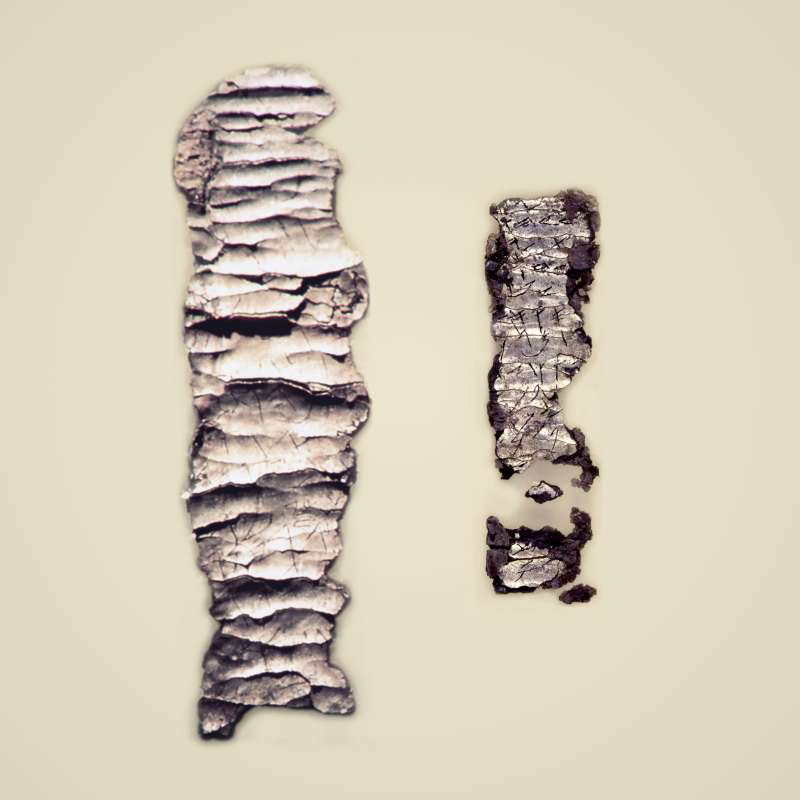
From “The Jewish History of Israel Is Over 3,000 Years Old. That’s Why It’s Complicated,” by David Wolpe, The New York Times, May 28, 2021.
… Despite the deep meditations on evil and afterlife in Jewish tradition, the concept of hell is not as developed in Judaism as in other traditions. However, there is a popular name for it: Gehenna. It derives from a place where children in antiquity were said to have been sacrificed to the pagan god Moloch.
In 1979, archaeologists began excavating in the area that is believed to be ancient Gehenna. Not far from the walls of the Old City of Jerusalem, they found what is considered to be one of the oldest bits of scripture that exists in the world, more than 400 years older than the Dead Sea Scrolls. It dates from the time just before the destruction of the First Temple, the Temple of Solomon, in 586 B.C. The scorched ground yielded two rolled-up silver amulets that are on display to this day in the Israel Museum. When painstakingly unfurled, the text was almost verbatim to the Bible verses:
“May God bless you and keep you.
May God’s face shine upon you and be gracious to you.
May God turn His face toward you and give you peace.” (Numbers 6:24-26)
This is the priestly blessing, one parents recite for their children each Friday night, a fervent prayer for the future. In other words, the oldest bit of scripture that exists in the world is a blessing of peace that was snatched from hell. In that beleaguered and beautiful land, the prayer endures.
David Wolpe is the Max Webb Emeritus Rabbi of Sinai Temple in Los Angeles and a Visiting Scholar at Harvard Divinity School.




